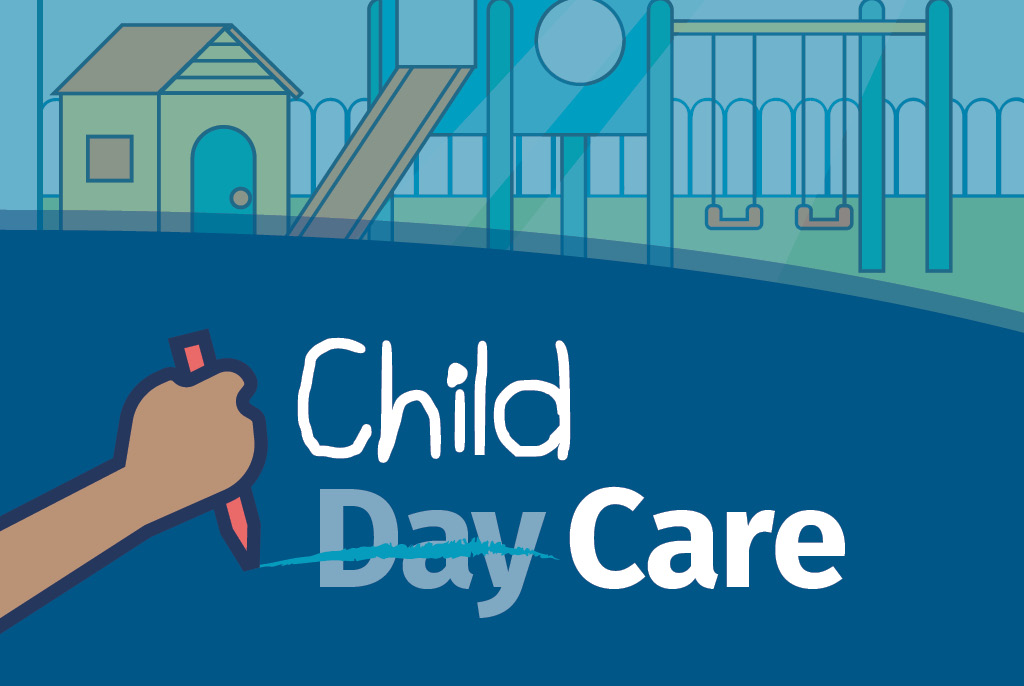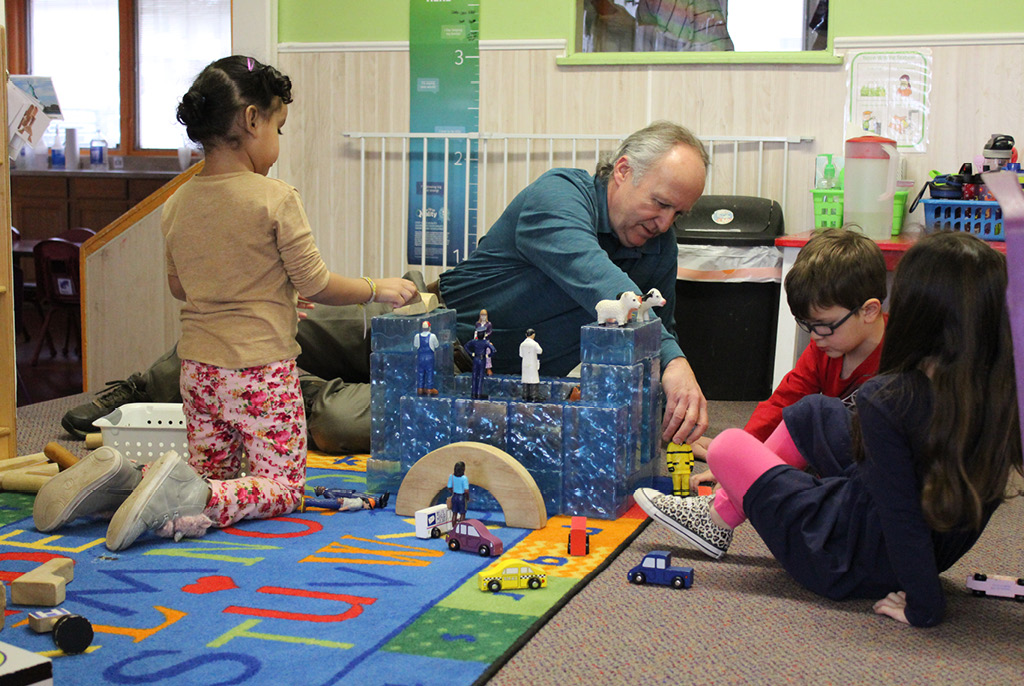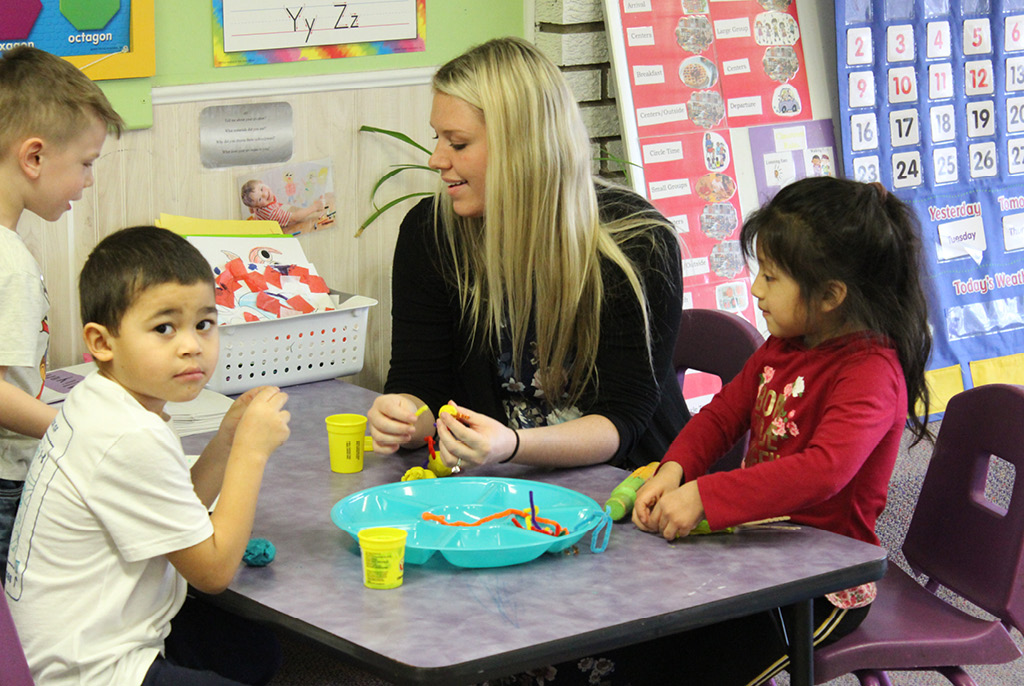
Step Up To Quality Stories
Why We Use the Term ‘Child Care’ and Not ‘Day Care’
For starters, if you use the term “day care,” you’re not wrong. Plenty of professional, high-quality providers still call themselves “day cares.”
It’s just that there’s a better term that more accurately describes what early childhood educators do, and it’s “child care.”
Simply put, these teachers are taking care of the child. That’s where the priority is. So while this care does happen during the day, and a part of the provider’s job is to manage and schedule the day, the number one focus is the child.

Quality Matters
As the field of early childhood education has grown and evolved over the last few decades, the way we think about those first few years of a person’s life has changed, too.
Research and data have shown that learning starts at birth, and the subsequent early years of childhood are the most formative over a person’s entire lifetime.
“While it is fairly easy to put kids in a room with toys and make sure they’re well fed and they don’t hurt each other, we’re missing out on a huge opportunity if the learning during those early years isn’t more intentional,” said Step Up to Quality Coach Mike Stiehl, who has been in early childhood education for 40 years.

Quality early childhood education matters because it’s been proven that kids who are given an environment conducive to learning at an early age (for example, teachers who are trained in best practices, materials that help facilitate development, etc.) are more successful adults. They learn how learning happens and they understand how to relate to people.
Language Matters
If the overall societal perception catches up with the field, we will see a tidal wave of benefits. The Nebraska Early Childhood Workforce Commission recently released a report that makes the case for prioritizing teachers and the ripple effect it will have on our state. Early childhood education will receive more funding, more attention in the media and more status as a sought-after career.
It starts with how we talk about it. It’s something everyone can do…because the status and overall quality of early childhood education affects everyone.

We believe there are fewer things more important than giving a child the best start in life. We want children who are going into kindergarten to be ready to learn. We want that solid foundation of social and emotional development to be instilled in every child – these are skills a person uses throughout their whole life.
Kids who have a quality early educational experience end up earning more money as adults and they’re more responsible. In other words, they’re much more likely to contribute to society.
So let’s start by calling it “child care.”
And let’s continue the conversation around the importance of high quality early childhood education.
